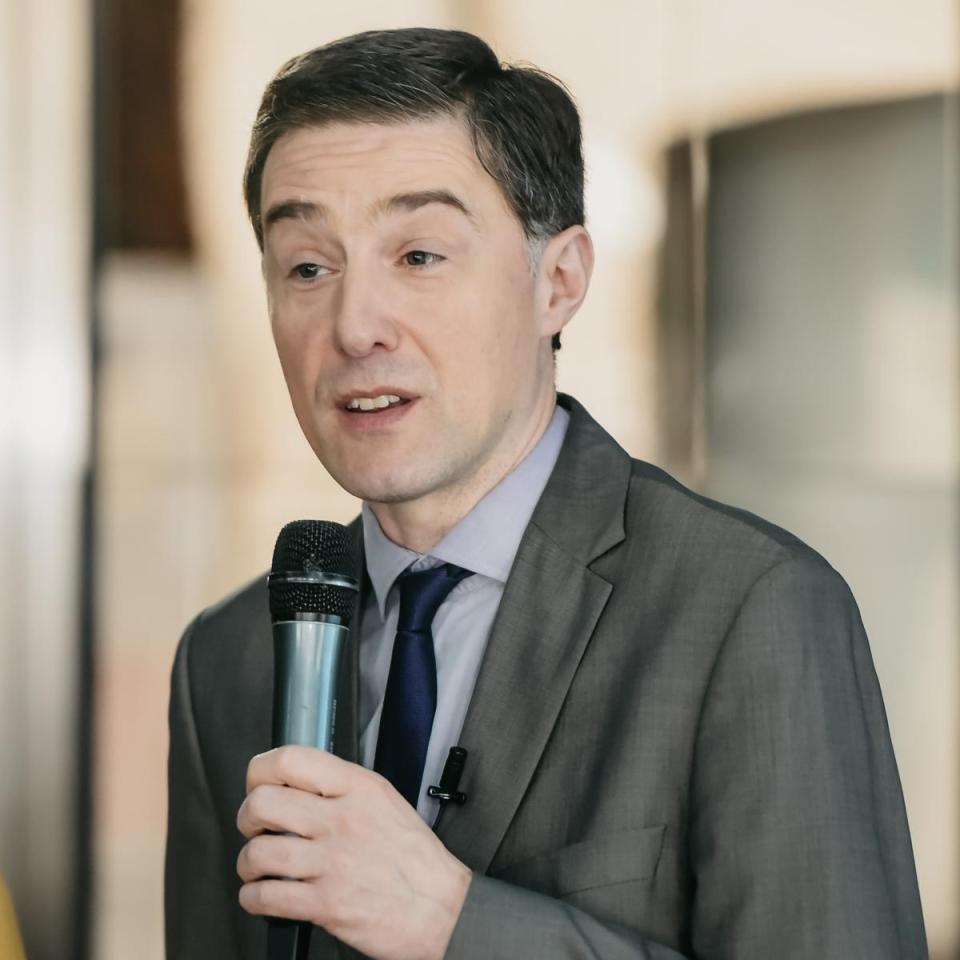Fernando Casal Bértoa
IAS Q&A
When you arrived at the Institute you probably had a concrete idea or plan of what you would like to achieve during your stay. Were you able to pursue these plans? Did there emerge new, unforeseen directions?
The IAS Fellowship offered me the opportunity to put into writing an idea I had since I finished my Phd. back in June 2011. I managed to do a lot of research, especially in regards to post-communist countries, but also some old democracies like the French 2rd , 3rd and 4th Republics as well as the Weimar Republic. In this context, the CEU library was extremely helpful. During my Fellowship new comparison with Asian democracies emerge, showing how my theoretical framework could also travel to other continents.
More generally speaking, who or what influenced your work and research path the most?
I am, above everything, a Peter Mairian. Peter Mair's work on party system competition and, especially, party system closure blew my mind back in 2004, when I was writing my MA thesis at the Jagiellonian University. I was lucky enough to have him as my supervisor and even becoming his co-author. As a proper Mairian, the other two scholars that have influence mostly my work are Stein Rokkan and Giovanni Sartori. For this project, I have also drawn a lot of inspiration from the great Spanish scholar Juan Linz and also Robert Elgie. Pity none of these five scholars is among us. A great loss for academia!
To which debates or schools of thought do you see your research contributing?
I hope my book will contribute to debates on institutional design and constitutional reform in both new and old democracies. It will certainly make a contribution to the question introduced by Juan Linz's more than four decades ago about the "perils of presidentialism". In this context, I hope my research will be useful for both academics and practitioners.
How do you see your field of research today, how is it evolving?
In my humble opinion, I think it has forgotten about asking the big questions. It has definitively become too niche. Currently, it is completely dominated by three very related topics: populism, polarization and backsliding; making it also extremely pessimistic. The study on political parties as organizations, traditionally so important, has been marginalized. Same with institutional reform and party system change, two extremely important topics, especially in today's world, that seem to have been relegated to the bin of history. Methodologically it is dominated by an obsession with quantitative approaches and, more recently, experiments. The lack of historical knowledge in today's scholarship is devastating. Sadly enough, sometimes I have the feeling that none of the scholars mentioned about would be able to get published in a good journal today.
How is life after IAS CEU Budapest (if we may ask)?
Very nostalgic. It is difficult to forget CEU and especially Budapest. The research environment I found at IAS was incomparable. Had the opportunity to interact with many great scholars and listen to the latest developments in the field. Becoming a Research Affiliate of the Democracy Institute was also one of the highlights. The time spent at CEU Budapest can be summarized with two words: really magical.
If there were one book or film you could recommend to the reader, what would be that and why?
One of my favourite books is, without any doubt, Varga Llosa's "The Feast of the Goat". It is not only exceptionally well-written, but combines politics and drama, two of my favourite genres. It is based on a real case (Trujillo's regime in Santo Domingo), posing some important questions about dictatorship and tyrannicide, reminding us that there is always hope: sic semper tyrannis!

